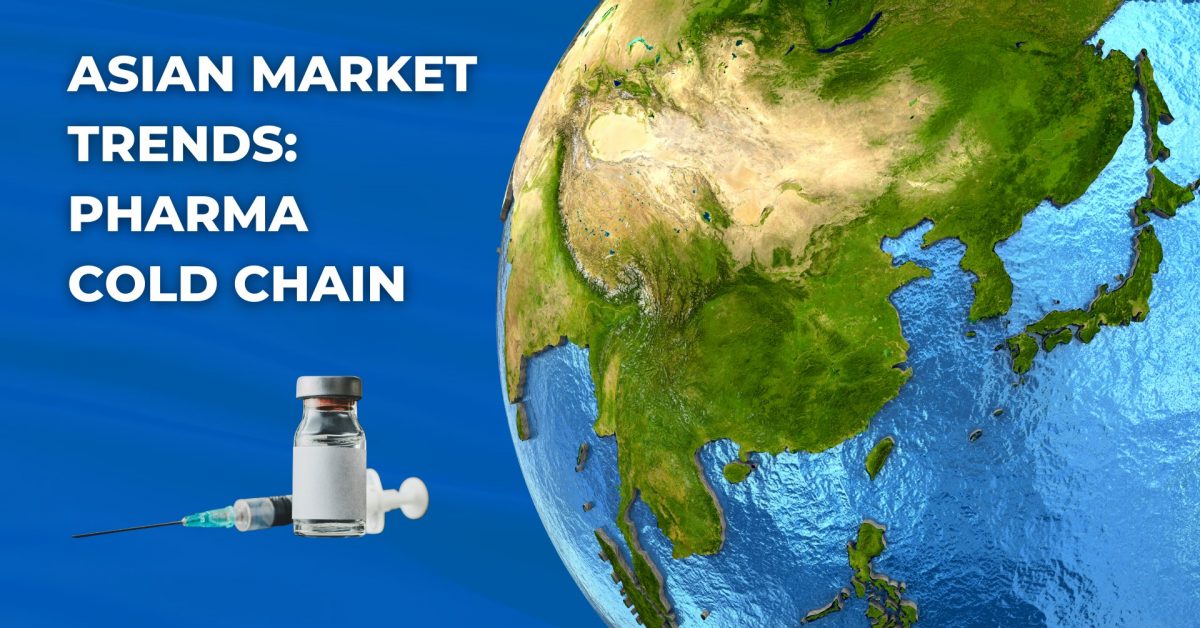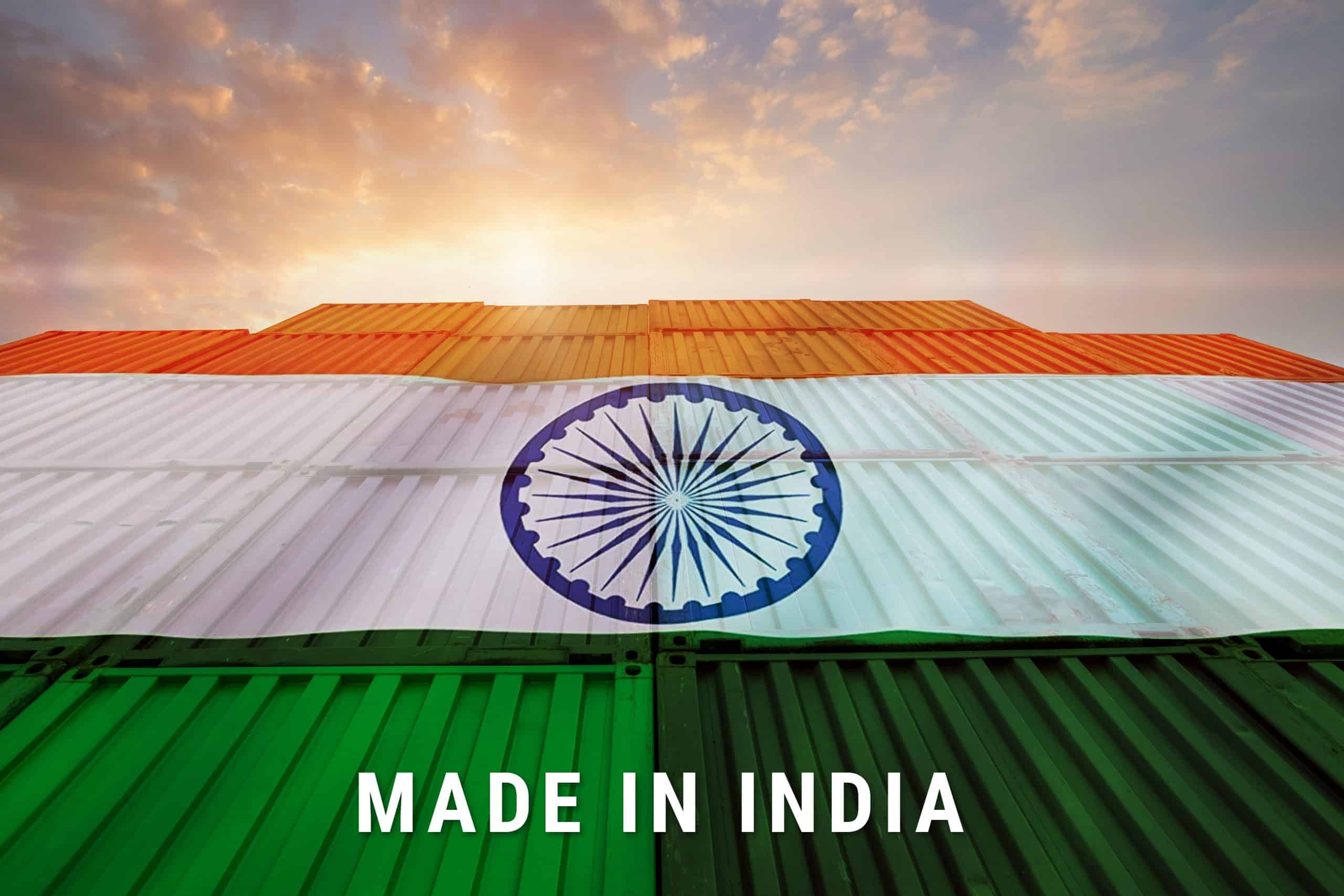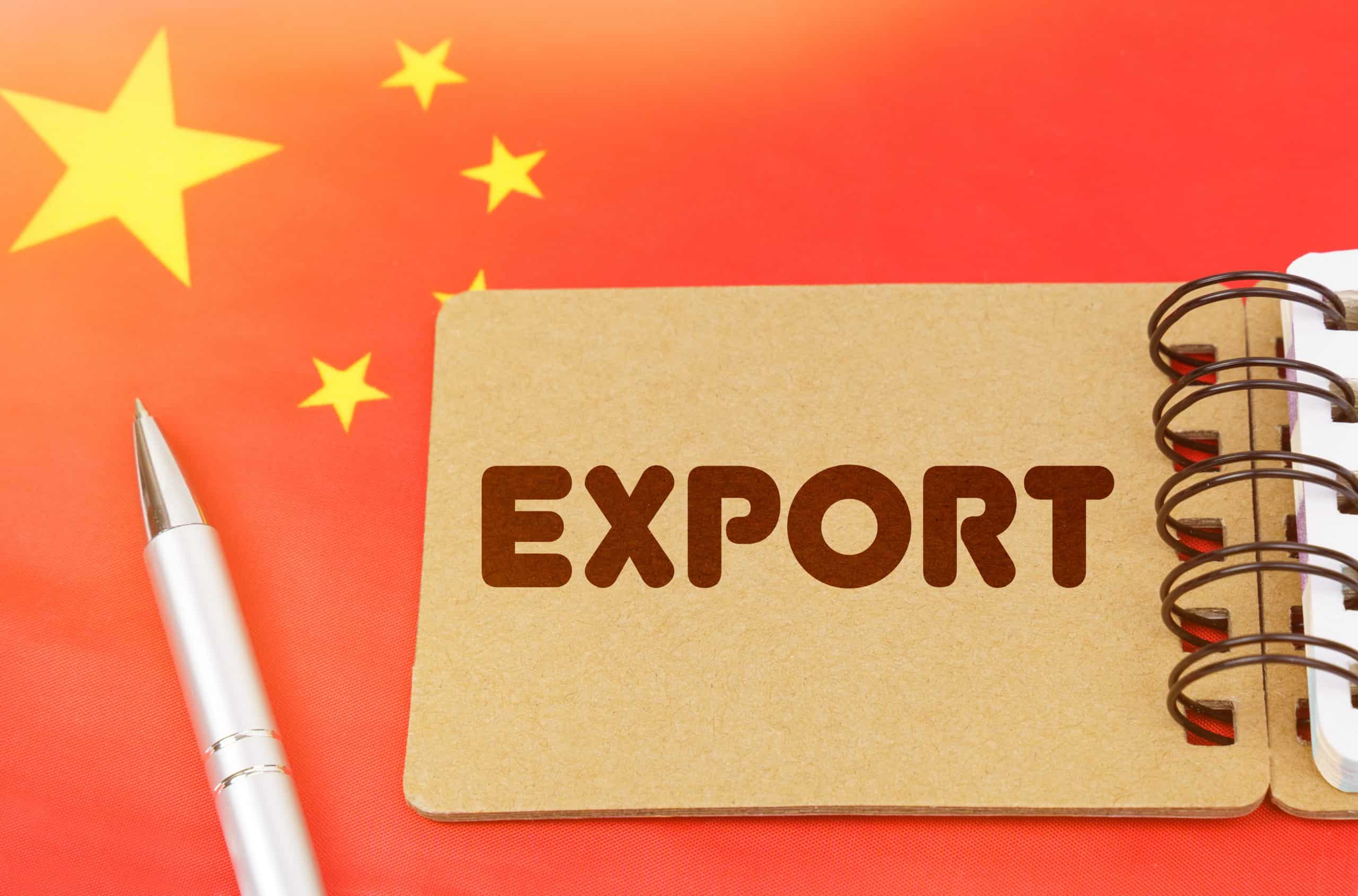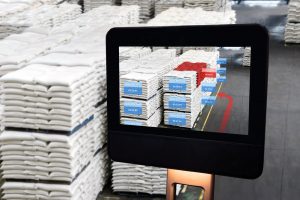JUNE 28, 2023
Asian Market Trends: Pharmaceutical Cold Chain

Post-pandemic, the Asian region continues to grow at an exponential rate in the pharmaceutical sector. Three countries that dominate with great significance are China, Japan and India. Multi-national pharmaceutical companies and their logistics partners continue to establish presence in the region, while national governments bolster opportunities for market growth. Let’s look at core market dynamics, and how they affect the pharmaceutical cold chain.
Increasing Demand
The Asia market has witnessed a significant increase in the demand for temperature-controlled logistics and distribution services for pharmaceuticals and life science products. This demand is driven by factors such as population growth, rising healthcare spending, and the expansion of the pharmaceutical industry in the region.
Many Asian countries have witnessed rapid economic growth, leading to an expansion of the middle class and increased disposable incomes. As a result, there is greater affordability and accessibility to healthcare services and pharmaceutical products. This economic growth has created a larger consumer base for pharmaceutical companies in the region.
Governments in several Asian countries have implemented policies and initiatives to boost the domestic pharmaceutical industry. These initiatives include the development of infrastructure, tax incentives, research and development funding, and streamlined regulatory processes.
It’s also well known that India and China are world leads in generic medicines manufacturing sector. They have the capability to produce high-quality generic versions of branded drugs at lower costs. This has driven the growth of the pharmaceutical industry by providing affordable medications, both domestically and for export.
The Asia Pacific Pharmaceutical Market is expected to grow at a CAGR of 8.4% during the forecasted 2021 to 2026, indicates Mordor Intelligence.

Cold Chain Infrastructure Development
All of these growing sectors, including generic manufacturing and clinical trials, require transport import/export to other regions, thus bolstering the need for temperature-controlled logistics services and thermal packaging and containers in the APAC region.
Investments by private companies and governments into cold chain infrastructure across Asia have been significant, all to support the growing demand for temperature-controlled logistics to supply safe medicines. This includes the establishment of specialized cold storage facilities, distribution centers, and transportation networks equipped with advanced temperature monitoring and control systems.
As part of the Healthy China 2030 and similar initiatives in other Asian countries, there has been significant investments in healthcare infrastructure, including hospitals, clinics, and research facilities. This development has created opportunities for pharmaceutical companies to collaborate with healthcare providers and expand their market presence, including in clinical research and development.

Asia has become an attractive destination for clinical research and development activities. The region offers diverse patient populations, experienced investigators, and cost-effective trial conduct. Pharmaceutical companies are leveraging these advantages to conduct clinical trials, leading to increased investments and growth in the industry.
According to Biospectrum Asia, an increasing number of pharmaceutical companies are investing in Asian headquarters seeking skilled labor, high ROI, economical production values, increasing niches in specialized domains, and quality infrastructure along with benefits of shared services which is trending in APAC regions. Multinational Pharma companies from Europe and the US are designing tailor-made localized strategies to coordinate with the regional operations integrating with global operations.
Stringent Regulatory Requirements
Regulatory bodies in Asia, such as the China Food and Drug Administration (CFDA) and the Pharmaceuticals and Medical Devices Agency (PMDA) in Japan, have implemented strict guidelines and regulations for the transportation and storage of temperature-sensitive pharmaceuticals. Compliance with these regulations is crucial for companies operating in the region.

Asian markets, such as China and Japan, are significant players in the pharmaceutical industry. Pharmaceutical companies must comply with the regulations set by the CFDA and PMDA to gain approval for their products and enter these lucrative markets. Failure to comply may result in delays or denials in product registration, limiting market opportunities and growth potential.
Top 5 Steps to Ensure Compliance:
- Adherence to Guidelines: Pharmaceutical companies should familiarize themselves with the specific regulations and guidelines established by regulatory bodies, such as the CFDA and PMDA. These guidelines outline the necessary conditions for the transportation and storage of temperature-sensitive drugs. Following these guidelines ensures compliance and helps mitigate potential risks.
- Quality Management Systems: Implementing robust quality management systems is essential for compliance. This includes establishing standard operating procedures (SOPs) for transportation, storage, and handling of temperature-sensitive pharmaceuticals. Regular training and audits can help ensure adherence to these procedures and identify areas for improvement.
- Temperature Monitoring: Pharmaceutical companies should invest in reliable temperature monitoring systems throughout the supply chain. These systems can help track and record temperature conditions during transportation and storage, ensuring that drugs are maintained within specified temperature ranges. Any deviations or excursions can be identified promptly, allowing for corrective actions to be taken.
- Documentation and Record-Keeping: Accurate and comprehensive documentation is vital for regulatory compliance. Companies should maintain detailed records of temperature conditions, storage durations, and any deviations encountered during transportation. These records provide evidence of compliance and facilitate traceability in case of any quality or safety concerns.
- Collaboration with Logistics Providers: Pharmaceutical companies should collaborate closely with logistics providers that specialize in handling temperature-sensitive products. Such providers often have expertise in managing temperature-controlled supply chains, ensuring compliance with regulatory requirements.
Outsourcing of Logistics Services
Pharmaceutical companies in Asia are increasingly outsourcing their logistics and distribution operations to specialized third-party logistics providers (3PLs) with expertise in temperature-controlled transportation. This allows companies to leverage the 3PLs’ infrastructure, expertise, and regulatory compliance knowledge while focusing on their core business activities.

As described above, regulatory compliance alone is a big undertaking. Working with partners in Logistics and Packaging that understand the regulatory requirements ensures smooth operations and reduces risks of non-compliance and associated penalties.
The pharmaceutical industry often experiences fluctuations in demand due to factors such as seasonality, product launches, or supply chain disruptions. Outsourcing logistics provides companies with scalability and flexibility, allowing them to adapt to changing market conditions and adjust their logistics operations accordingly. Service providers can quickly scale up or down their resources and capacities to meet the evolving needs of pharmaceutical companies.
Bottom line – In temperature control logistics, knowledge is key. Working with a reputable and compliant logistics provider ensures the security of products throughout the supply chain. Regular communication, collaboration, and monitoring of performance are crucial to maintaining a successful outsourced logistics relationship.
Technology Advancements
The adoption of advanced technologies in temperature-controlled logistics and distribution is on the rise in Asia. This includes the use of temperature monitoring devices, real-time tracking systems, data loggers, and IoT (Internet of Things) solutions to ensure the integrity and traceability of pharmaceutical shipments throughout the supply chain.

Usually, the first place pharmaceutical companies are investing in data technologies is Internet of Things (IoT) devices and sensors to monitor various parameters, including temperature, humidity, and location while products are in shipment, but also in storage in a facility. These devices can collect real-time data, which is then transmitted to cloud-based platforms for analysis and monitoring. IoT enables continuous monitoring of temperature-sensitive products, ensuring compliance with storage and transportation requirements.
Security is another core focus on data monitoring, using IoT-enabled devices, such as RFID tags and labels, for product authentication and anti-counterfeiting measures. These devices provide unique identification codes or digital signatures that can be scanned or verified at various points in the supply chain to ensure the authenticity of pharmaceutical products.
As described above, working with Logistics Service Providers (LPSPs) has many benefits, including leveraging their investments in data technologies. Most leading LSPs are continually investing in advanced technologies, such as track-and-trace systems, temperature monitoring devices, and data analytics, to optimize supply chain operations. Outsourcing logistics allows pharmaceutical companies to leverage these technological advancements without having to make substantial investments themselves.

For thermal packaging insights, products, or support in the APAC region, please reach out to our team in Singapore at Phone: +65.6263.0114
Sources:
- APAC Pharmaceutical Packaging Market Size & Share Analysis – Industry Research Report – Growth Trends (mordorintelligence.com)
- https://www.researchandmarkets.com/reports/5529619/asia-pacific-pharmaceutical-logistics-market
- https://www.fda.gov/about-fda/office-global-operations/china-office
- https://www.biospectrumasia.com/opinion/25/18726/the-exponential-growth-potential-of-asias-pharmaceutical-markets.html
